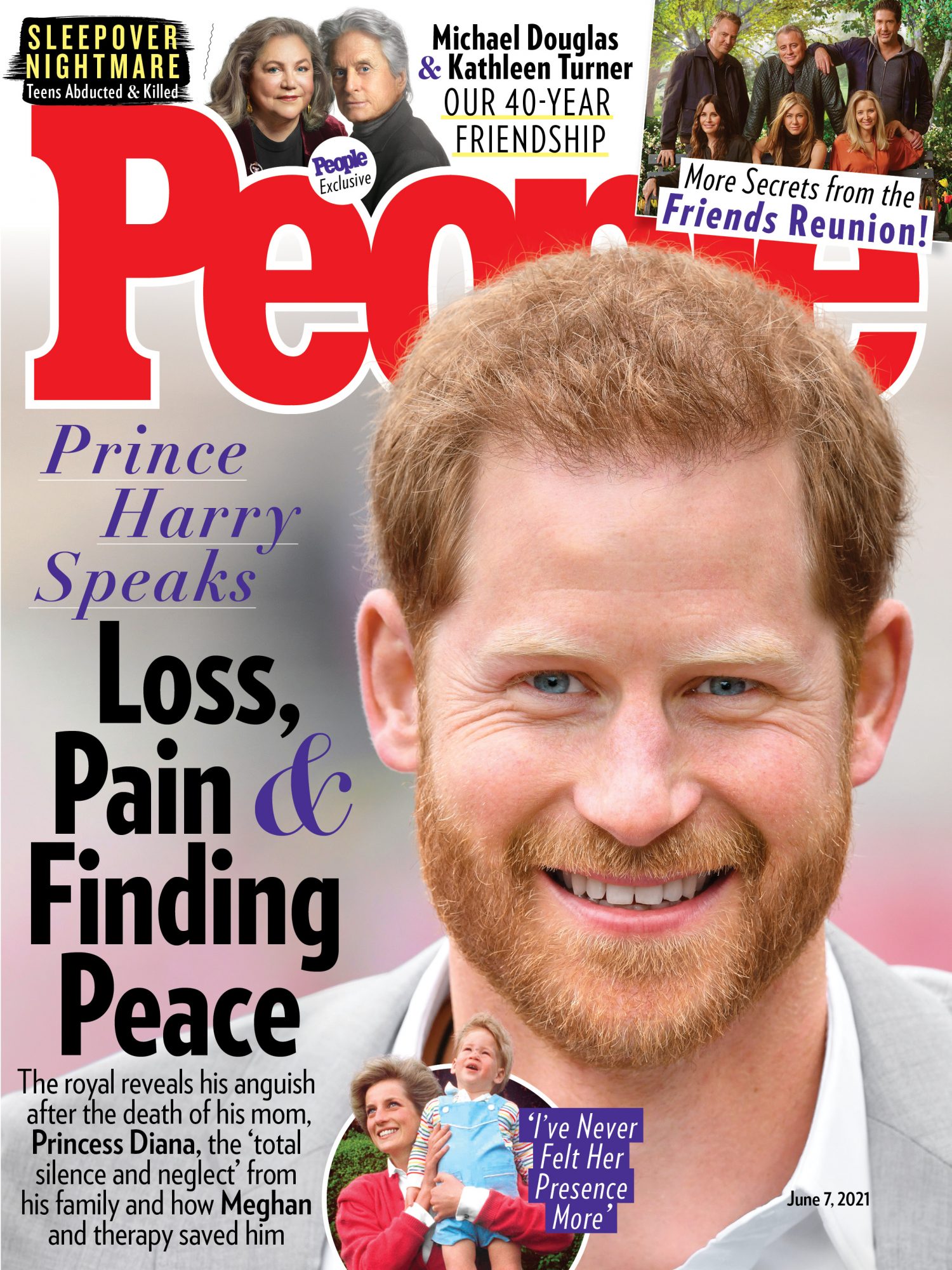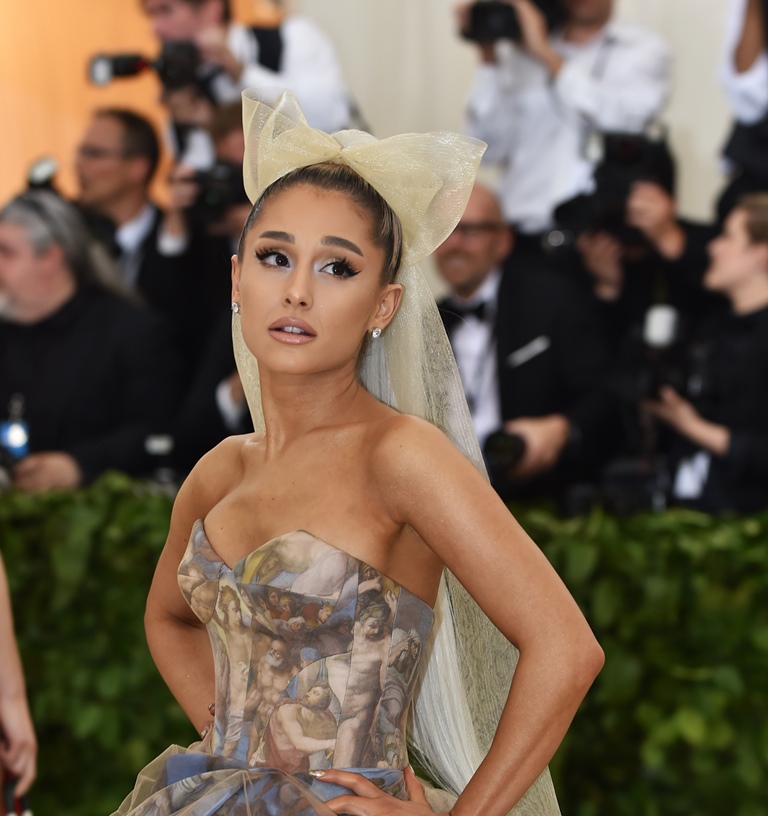Prince Harry and the Success of The Me You Can’t See



Oprah Winfrey and Prince Harry’s Apple TV+ docuseries, The Me You Can’t See, premiered last week and since then there’s been headline after headline about how Harry talks about his past, about his family, and about breaking the cycle of silence with respect to mental health. Critics of Harry, like the UK tabloids and certain members of the British media, have interpreted Harry’s revelations as a deliberate attack on the royal family which of course undermines the actual motivation of the series which is to raise awareness about the mental health crisis that was already happening globally and has been exacerbated by the COVID-19 pandemic. Characterising the series this way is also insulting to the other people who actually worked on The Me You Can’t See – not just Oprah but co-directors Dawn Porter and Asif Kapadia who are distinguished filmmakers in their own right with no agenda to pursue with the British royal family. This also includes the series’ editor, Oscar-nominated Spencer Averick, who worked on the film Selma and the series When They See Us with Ava DuVernay a few years ago and who has no time to be engaging in the petty agendas of British nobility. That’s not what these people are here for.
Did Prince Harry talk about his childhood and the trauma that he’s still processing from his mother’s death, having to walk behind her casket with, literally, a billion people watching around the world? Did he say that his father, Prince Charles, told him that, “Well, it was like that for me, so it’s going to be like that for you” and that he disagrees because that’s the only way to stop generational pain? Yes. He said all those things – but in the context of 1. trying to relate to others who are also stopping the cycle of trauma in their own families’ lives and 2. in the spirit of sharing and being vulnerable, so that it might encourage others to confront their mental health issues and begin healing. You can’t participate in a project about mental health awareness, asking others to discuss the most painful parts of their lives, without doing the same, especially if you’ve been there yourself.
But, but, but… it’s not fair to his family! Isn’t he being the most fair to his family? As in his wife and his kids? In all the dragging of Harry by the British tabloids and the haters because he’s supposedly doing dirty by his “family”, it’s weird that the “family” that they’re referring to don’t include his life partner and their kids and the steps he’s taken to ensure that he is mentally well to be the best possible version of himself for them.
Anyway, to go back to The Me You Can’t See, I watched the first episode on Friday with Jacek and afterwards, together, we processed the stories and the information that they covered – and it was a lot. It’s heavy. People are hurting and they’re putting their hurt on camera in the hopes that others might feel less alone. This is important and helpful content…but, for me, it’s not the kind of content to binge. We’re spacing out The Me You Can’t See for every Friday, after the work week, so that we can check in the conversations they’re having on the show and with ourselves.
Apparently the show is resonating with many others too because, according to Deadline, “Apple sources said the series has been the most-watched program worldwide on AppleTV+ since premiering and that it drew 25% new viewers to the service and a more than 40% increase in average weekend viewership in the UK”.
From the business side, that’s exactly what Apple was going for – to increase their subscriber-base as they build their library. This is why they invested in Oprah and Harry so these are encouraging numbers, which of course will probably not go over well with the UK tabloids and the anti-Sussex movement and get buried or not reported. But they will likely not be able to ignore the fact that a follow-up has just been announced.
Oprah and Harry will host a special that will drop on Apple TV+ on Friday, May 28, The Me You Can’t See: A Path Forward, in a town hall format, bringing back people from the series and experts continuing the conversations that were started on the show. And that may be because if there is valid criticism about the series, it’s that while of course it’s important to encourage people to acknowledge that mental health needs much more attention and to hear and learn from those who are struggling, the fact remains a lot of work has to be done on the policy level to remove the barriers to mental health access that are contributing to the mental health crisis. I’m not saying Oprah and Harry have to be the only people pushing for these policy changes, but at some point in their advocacy, this may be where they put their influence to the test.
Harry covers the new issue of PEOPLE which promotes The Me You Can’t See and of course touches on the drama within the British royal family, just in time for the holiday long weekend in the United States.
